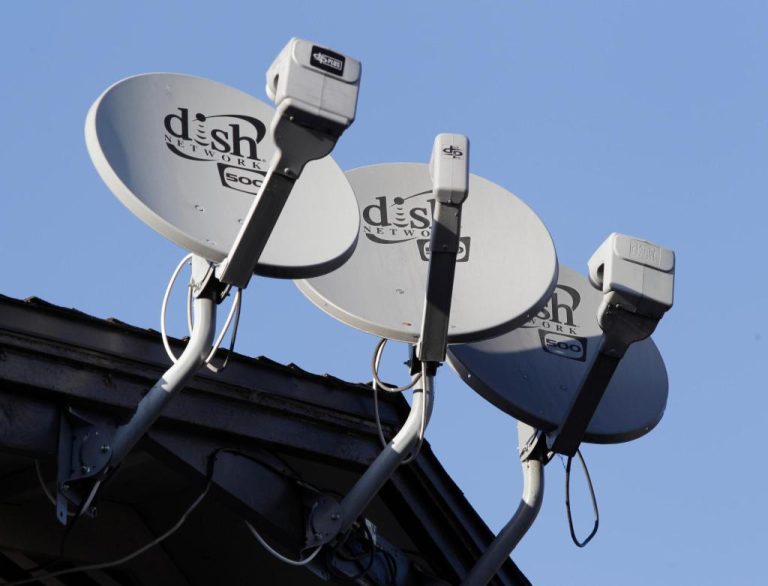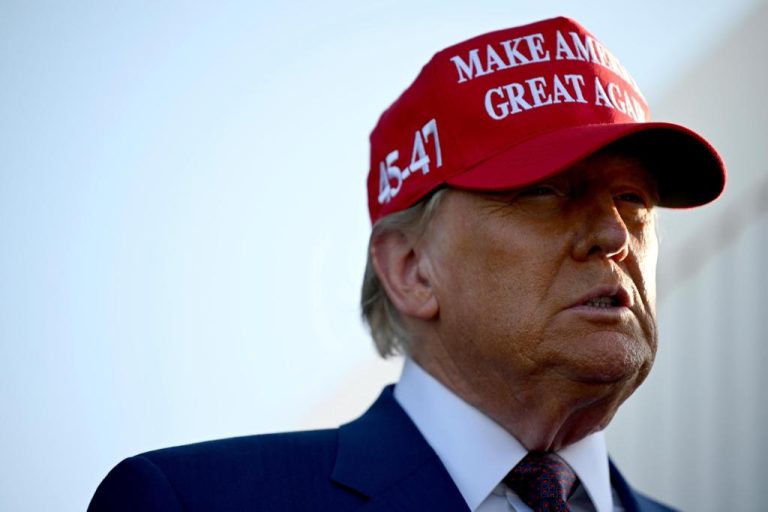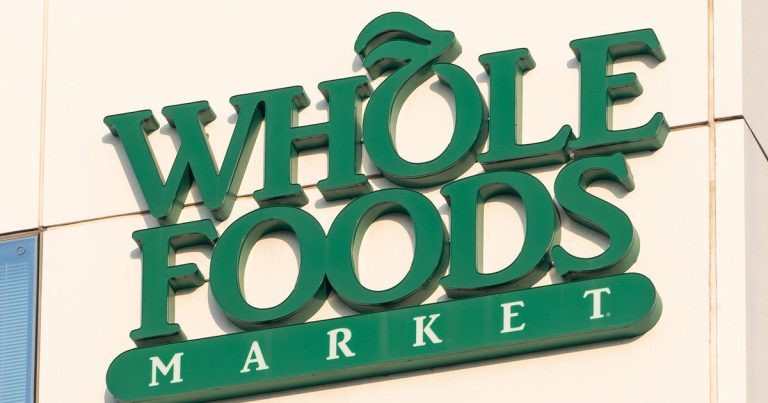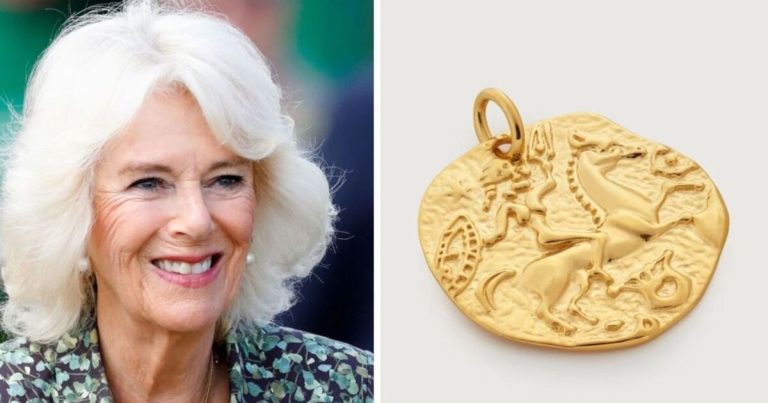
LOUISVILLE—U.S. Customs and Border Protection (CBP) officers at the Louisville Port of Entry with the help of the Food and Drug Administration (FDA) intercepted more than 700 unapproved Botox and derma fillers during Operation No Tox from April 10-14.
CBP officers at the Port of Louisville focused on suspect shipments of Botox imported without FDA approved license, permit, authorization, or prescription attempting entry into the United States. Officers’ primary focus was on merchandise exported from South Korea, Malaysia, Indonesia, and Turkey described as lotions, creams, skin care and other related merchandise.
Operation No Tox was an enforcement effort between the Port of Louisville, FDA, and Homeland Security Investigation. This operation helped protect the public health and safety, corporations and support the agency’s overall goals. Additionally, prior to this operation, since October 1, CBP officers in Louisville have made over 100 Botox seizures.
During these five days CBP officers stopped 150 shipments that contained 744 unapproved, misbranded, counterfeit, fraudulent, and otherwise illicit Botox, and other brands of Botulinum Toxin Type A products, as well as derma fillers. Of the 150 parcels that were seized, 42 were determined to be destined to either a licensed individual or the owner of an establishment that employs licensed individuals engaged in medical outpatient procedures.
“Consumer health and safety are our key concerns when Customs and Border Protection officers enforce cosmetic imports,” said Thomas Mahn, Louisville Port Director. “Unapproved products that you inject could seriously hurt you. They are manufactured in unregulated and unsanitary facilities with ingredients that you cannot be sure are authentic.”
Botox, or botulinum toxin, is restricted by the U.S. Food and Drug Administration (FDA) and cannot be imported into the U.S. without proper documentation. The FDA provides guidance on how human drugs can be legitimately imported into the United States while meeting strict safety requirements.
“Medical products that ignore the safeguards of the legitimate supply chain can jeopardize consumers’ health,” said Special Agent in Charge George A. Scavdis, FDA Office of Criminal Investigations Metro Washington Field Office. “We commend our CBP partners for our joint work in protecting the public health.”
CBP’s border security mission is led at ports of entry by CBP officers from the Office of Field Operations. CBP officers use a variety of techniques to intercept narcotics, unreported currency, weapons, prohibited agriculture, and other illicit products, and to assure that global tourism remains safe and strong.
Please visit CBP Ports of Entry to learn more about how CBP’s Office of Field Operations secures our nation’s borders.







